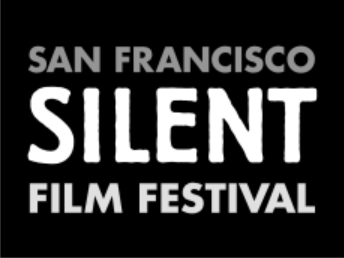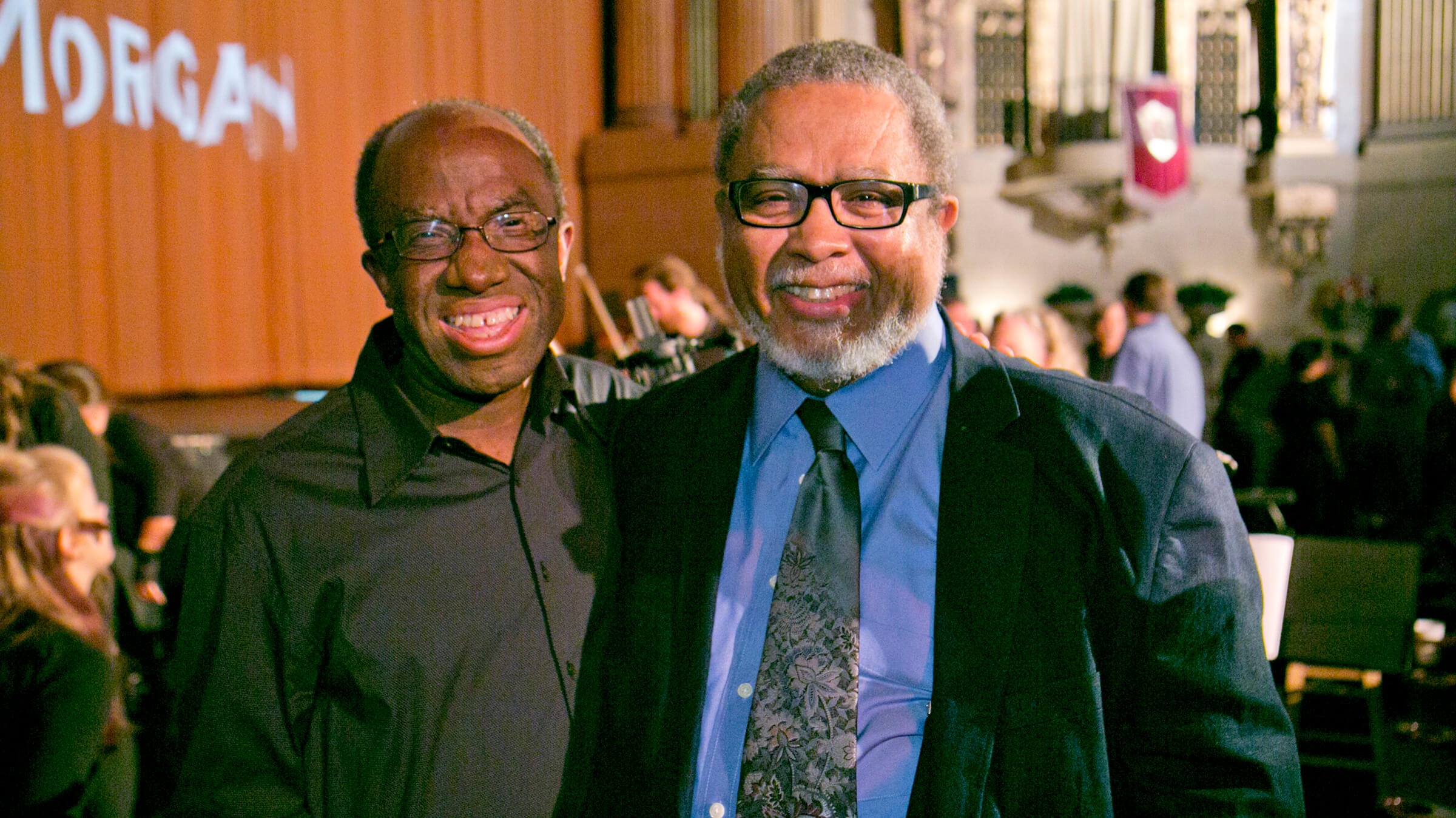This interview was published in conjunction with the screening of Within Our Gates at SFSFF 2016
Adolphus Hailstork Sets Micheaux to Music
A composer faced with creating a new score for Oscar Micheaux’s landmark 1920 film Within Our Gates might be tempted to emulate the emotional and melodramatic nature of the storytelling, but Dr. Adolphus Hailstork, whom the Washington Post has called “an eloquent traditionalist,” has taken a unique approach. Instead, the composer and professor of music and eminent scholar at Old Dominion University in Norfolk, Virginia, wrote a symphony for strings and a choral group to convey the film’s essence, creating musical motifs for the major characters and settings rather than cues for every major event. At an early age, Hailstork immersed himself in both classical and Episcopal church music and his score for Micheaux’s film reflects these and other influences to evoke the settings (the rural South, the urban North), recurring characters, and major themes of racial injustice. Although this is Hailstork’s first film score, he has more than fifty years of musical achievement that includes celebrated orchestral and operatic works about distinctly American subjects—the deaths of the four little girls in the 1963 bombing of an African-American church, the Underground Railroad, the work of poet Walt Whitman, and blacklisted actor and activist Paul Robeson.
How did you go about writing the score to Micheaux’s film?
I watched the movie numerous times and would follow along with my iPad, looking at a scene and creating different music ideas for each event. The ideas gradually evolved to fit the scene. Pizzicato for sneaky moments. Pulsating music for the card game. Choral music for the rural sharecropper.
How did you select the orchestra-instrument arrangement for the score and live performance?
They told me they wanted a small ensemble and I wanted something homogeneous because string instruments are just so soloistic. My own feeling was that at an hour and seventeen minutes using just strings was a bit much. So there’s a scene in the movie in which a sharecropper is standing in front of the school talking about trying to get an education for his children, and I decided that’s the perfect opportunity for a choir, particularly an African-American choir, to capture the flavor of the type of singing that the slaves and recently released slaves would sing, church music.
Since there are several recurring characters throughout the narrative, did you design different musical themes for some of them?
Yes, there is Sylvia’s theme. There’s a theme for Larry, the bad guy. There’s a theme for the scene where Sylvia is recovering in the hospital and talking to her future benefactor and asking who’s promising to look into the case in terms of money. That’s when the choir performs a very nice celebration in the sense of thankfulness. There’s also a church music scene where the minister is preaching. I used the music from the card game that happens earlier in the film because he’s almost as much of a shyster as the card players. So there is the card theme music during the preacher ranting and raving and asking for money. The piece did fit together in a kind of symphonic structure that way. It’s kind of a theme in variations.
How did you handle the elaborate flashback sequence?
When the film goes into Sylvia’s backstory, I was glad because it allowed me to lighten the mood and introduce the young man who was Sylvia’s brother and the folksy character of the big-eyed tattletale [Efrem]. There is humor there and it allowed me to work that in.
Did you ever consider integrating sound effects into the score like some composers have done for silent films?
I tried to create a musical metaphor for what was happening. I didn’t go for brazen sound effects. Actually there weren’t that many opportunities for sound effects unless you wanted to convey the sound of a fire or a fight or the sound of cards hitting the table. That’s a little hokey so I just went for a metaphor for the scene and its emotions.
When you were composing the score did you think about how a live audience might react to it?
I was less interested in the audience’s reaction than in trying to actually match the film. In other words, the film became my audience and if I matched the scene well then that was my definition of success.
Do you foresee any challenges for Michael Morgan when he performs the score live at the festival?
When we first performed the score in Norfolk, Michael solved every single problem perfectly and he knows the piece better than anybody in the world. He’s the perfect conductor for it and any problems were just a matter of timing. The musical score is nonstop from beginning to end but there are gaps where I want the audience to read what was being said in the intertitles.
Now that you’ve scored a silent film, would you like to do more?
I would. I particularly like silent film—I call it silent archaic—because you don’t have to wrestle with the director’s desires [laughs]. The thing is I’ve been an independent composer for so long that when a director says I want this here or that there, I find it is stifling for me. But I had free range on composing the score to Within Our Gates.
Having seen Within Our Gates several times, what is important about the film for you?
What I think is the most distinctive thing is Micheaux’s fairness. Every kind of character is in there. There’s no “all these people are good” or “all these people are bad” type of thing. There’s good and bad, regardless of race. We have some crazy people on both sides. It’s so comprehensive and rich. It seems like a heroic soap opera, sensitively done, and touches on subjects still worth considering.
Your long list of musical achievements includes almost every type of classical music but is there a style or genre you haven’t attempted?
My wish or dream is to do a little bit more of what I’ve been doing. I’m going to write more symphonies and I want to write operas, more choral music, and some more concertos. I’ve written a lot of chamber music and will continue to do that. There’s nothing that a composer can’t write on his own. The question really is to what extent are you influenced by the opportunity for performance? And I am influenced by that. I’m always looking for those kinds of opportunities.
Image credit: Tommy Lau

